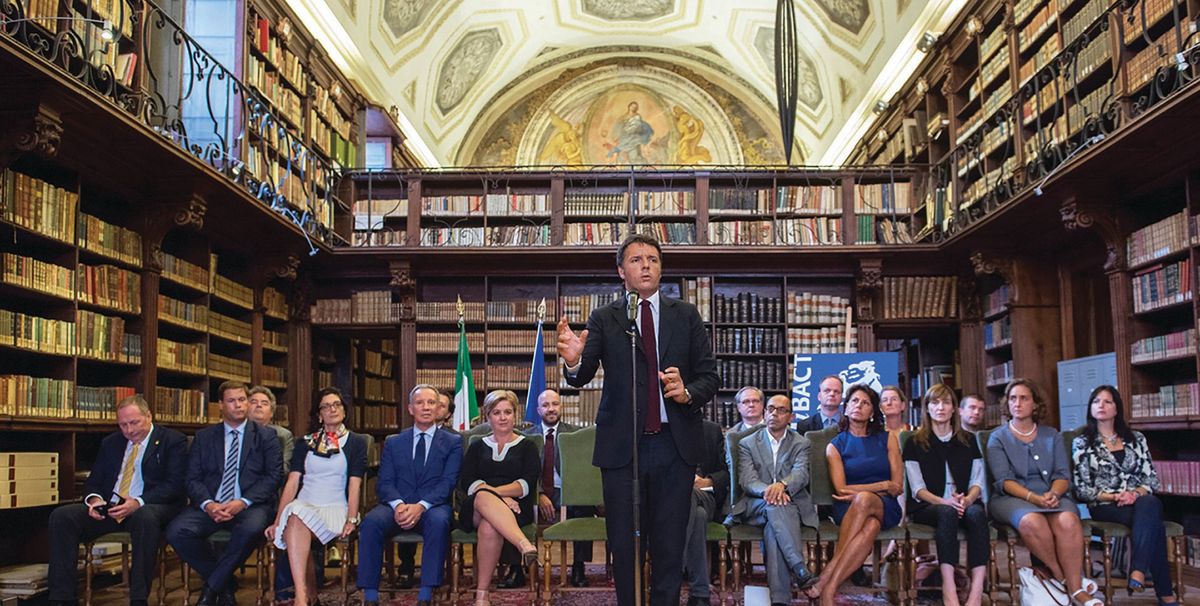Five directors of Italian museums who were ousted by a controversial court ruling on 24 May have returned to work—albeit temporarily. On 15 June, Italy’s highest administrative court, the Council of State, suspended the decision by the Lazio regional administrative tribunal (TAR) that voided the appointments of Martina Bagnoli at the Galleria Estense in Modena; Paolo Giulierini, Eva Degl’Innocenti and Carmelo Malacrino at the National Archaeological Museums of Naples, Taranto and Reggio Calabria respectively; and Austrian-born Peter Assmann at the Palazzo Ducale in Mantua. The Council of State is due to hold a definitive public hearing on the case on 26 October.
It is the latest twist in a legal saga that threatens the Italian culture ministry’s ongoing reform of the country’s bureaucratic museums sector. Under the former prime minister, Matteo Renzi, the Italian government opened its first-ever international competition for leaders of 20 major museums and heritage sites—including the Uffizi in Florence, the Accademia in Venice and Galleria Borghese in Rome—in January 2015. (A second recruitment drive for a further ten institutions followed in 2016.) The move was designed to bring Italy’s art-rich but underperforming institutions in line with their counterparts worldwide, by giving the chosen museums financial and administrative autonomy from the state-run system. Only one incumbent director kept her job and seven foreigners were appointed in the shake-up.
But the Lazio tribunal, the largest appeals court in Italy, found favour with two rejected Italian candidates for the posts. The magistrates said that the selection process was flawed and that non-Italians had never been eligible to participate according to a 2001 law.
The Italian culture ministry responded with an urgent counter-appeal to the Council of State, saying in a statement that the competition respected “not only European and national law, but also the highest international standards, as recognised by the International Council of Museums”. Pending the outcome of the counter-appeal in October, the ministry has succeeded in passing an amendment to the 2001 law to allow non-Italian EU nationals to take on public positions in the country.
The five reinstated directors have expressed their relief to Italian media. Speaking on behalf of her colleagues, Bagnoli told our Italian sister newspaper Il Giornale dell’Arte that she was happy “especially because our projects are moving forwards”, and was grateful for the solidarity shown by other institutions and the local community.


